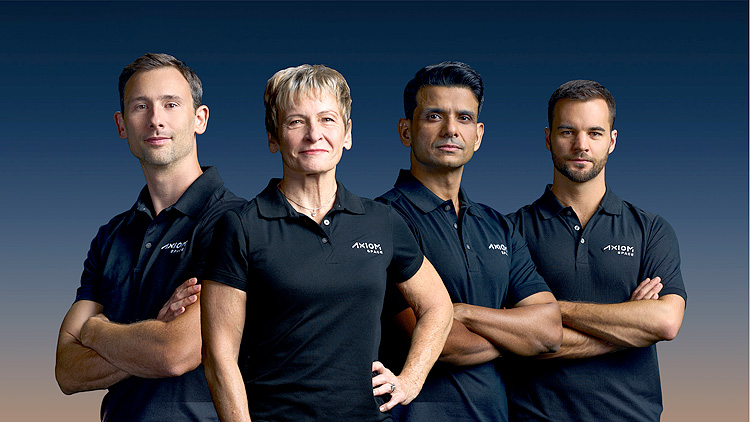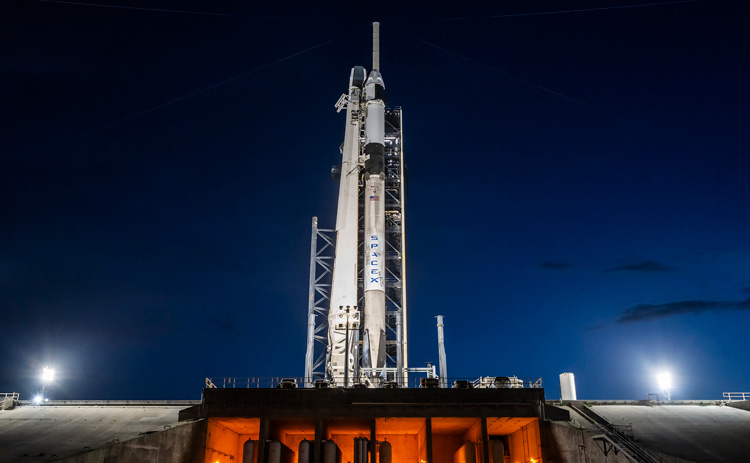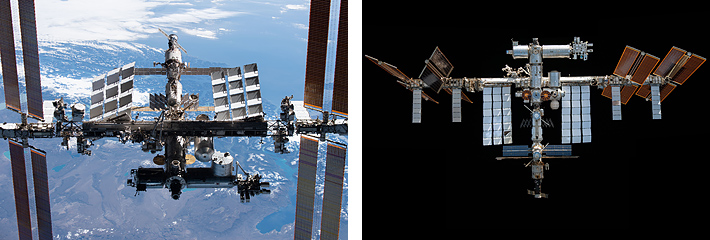INDIAN ARMED FORCES CHIEFS ON OUR RELENTLESS AND FOCUSED PUBLISHING EFFORTS

The insightful articles, inspiring narrations and analytical perspectives presented by the Editorial Team, establish an alluring connect with the reader. My compliments and best wishes to SP Guide Publications.

"Over the past 60 years, the growth of SP Guide Publications has mirrored the rising stature of Indian Navy. Its well-researched and informative magazines on Defence and Aerospace sector have served to shape an educated opinion of our military personnel, policy makers and the public alike. I wish SP's Publication team continued success, fair winds and following seas in all future endeavour!"

Since, its inception in 1964, SP Guide Publications has consistently demonstrated commitment to high-quality journalism in the aerospace and defence sectors, earning a well-deserved reputation as Asia's largest media house in this domain. I wish SP Guide Publications continued success in its pursuit of excellence.
- Prime Minister Modi Visits Punjab’s Adampur Air Base, Interacts with Airmen after Successful ‘Operation Sindoor’; Stern Message to Pakistan
- The layered Air Defence systems that worked superbly, the key element of Operation Sindoor
- Operation Sindoor | Day 2 DGMOs Briefing
- Operation Sindoor: India strikes back with Precision and Purpose
- Operation Sindoor: Resolute yet Restrained
- India’s Operation Sindoor Sends a Clear Message to Terror and the World – ‘ZERO TOLERANCE’
- Japan and India set forth a defence cooperation consultancy framework, talks on tank and jet engines
- Terrorist Attack in Pahalgam in Kashmir: Unfolding a long surgical war against PAK
- Lt General Pratik Sharma takes over Command of Indian Army's Northern Command
The Ax-4 mission to fix a liquid oxygen leak for a flawless launch
The Axiom Mission 4 is now scheduled to launch on June 19; however, a launch time has yet to be released

India's manned spaceflight is further pushed for a new launch due to a recurring LOX (liquid oxygen) leak that was previously seen on the booster during its (Falcon-9) entry on the last mission.
This has resulted in further delaying the launch, aiming to fix the leak to avoid a potential disaster. According to the ISRO, it was prevented as they [ISRO] insisted on thorough repairs.
The upcoming Ax-4 mission, now rescheduled for launch on June 19 following critical repairs, stands as a testament to the strength of international partnerships, technical vigilance, and the unwavering pursuit of scientific discovery
The fault was detected after a demand for due diligence by Chairman V. Narayanan. The upcoming Ax-4 mission, now rescheduled for launch on June 19 following critical repairs, stands as a testament to the strength of international partnerships, technical vigilance, and the unwavering pursuit of scientific discovery.
While Peggy Whitson, former NASA astronaut and Director of human spaceflight at Axiom Space, will command the commercial mission, at the heart of this mission is Group Captain Shubhanshu Shukla, who will serve as pilot, a representative of India's growing ambitions in space. Alongside, the mission has two mission specialists from ESA (European Space Agency) - Project Astronaut Sławosz Uznański-Wiśniewski of Poland and Tibor Kapu of Hungary.
Best of Global Collaboration
However, the road to launch was not without peril. The detection of a crack in the oxidiser line of the Falcon-9 rocket—intended to ferry the crew to the ISS—could have spelt catastrophe. It is a stark reminder that in spaceflight, even the smallest oversight can yield monumental consequences. The fault was identified thanks in part to the insistence on stringent pre-launch checks by ISRO Chairman V. Narayanan. His call for due diligence underscores a critical truth: safety in space is non-negotiable, and vigilance must be uncompromising.
At the heart of this mission is Group Captain Shubhanshu Shukla, who will serve as pilot, a representative of India's growing ambitions in space
This proactive approach exemplifies the best of what global collaboration can offer. NASA and SpaceX's swift response in identifying and rectifying the issue ahead of the launch shows maturity and respect for life and mission integrity. ISRO's insistence on precision, even as a participant in an international mission, reflects its technical expertise—not just as a launcher, but as a guardian of scientific ethics and operational discipline. The ISRO has stated that safety and mission integrity are top priorities and that they are working with Axiom Space, NASA, and SpaceX to address the issues.


This 14-day mission, aboard the International Space Station (ISS), will see the execution of seven carefully selected microgravity research experiments proposed by principal investigators (PIs) from India's foremost R&D laboratories and academic institutions. This marks a new chapter for the Indian scientific community—one that moves beyond launching satellites to conducting cutting-edge science in the zero-gravity environment of space.
Elon Musk's concern about ISS
Elon Musk has expressed concerns about the structural integrity of the ISS, particularly the Russian segment, citing multiple cracks and suggesting a de-orbit within two years.
Musk pointed out that some parts of the ISS were simply getting too old, adding that "obviously that risk grows over time".
ISRO's insistence on precision, even as a participant in an international mission, reflects its technical expertise
The ISS was officially approved in 1984, and the Station was designed between 1984 and 1993. NASA immediately set out to find international partners who would cooperate on the programme. Canadians, Japanese and many nations of the European Space Agency began to participate in the programme soon after. Elements of the Station were under construction throughout the US, Canada, Japan, and Europe beginning in the late 1980s. In 1993, as the Station was undergoing a redesign, the Russians were invited to participate.
While NASA plans to retire the ISS by 2031, Musk's comments suggest a faster timeline. Axiom Space is building its commercial space station, aiming to eventually replace the ISS.
This 14-day mission, aboard the International Space Station (ISS), will see the execution of seven carefully selected microgravity research experiments proposed by principal investigators (PIs) from India's foremost R&D laboratories and academic institutions.
Space Travel remains Challenging
More than just a launch delay, this incident brings into focus the broader implications of international space travel. As commercial spaceflight becomes more frequent and diverse in its participation, agencies must collectively elevate safety protocols. The bar must not only be maintained—it must be raised continuously.
As we await the successful liftoff on June 19, this mission stands as a beacon of promise and purpose. It embodies the spirit of exploration, the discipline of engineering, and the nobility of science.
But above all, it reminds us that in space—as on Earth—it is not just speed, but scrutiny that propels humanity forward.
Manish Kumar Jha is a Consulting & Contributing Editor for SP's Aviation, SP's Land Forces and SP's Naval Forces and a security expert. He writes on national security, military technology, strategic affairs & policies.





